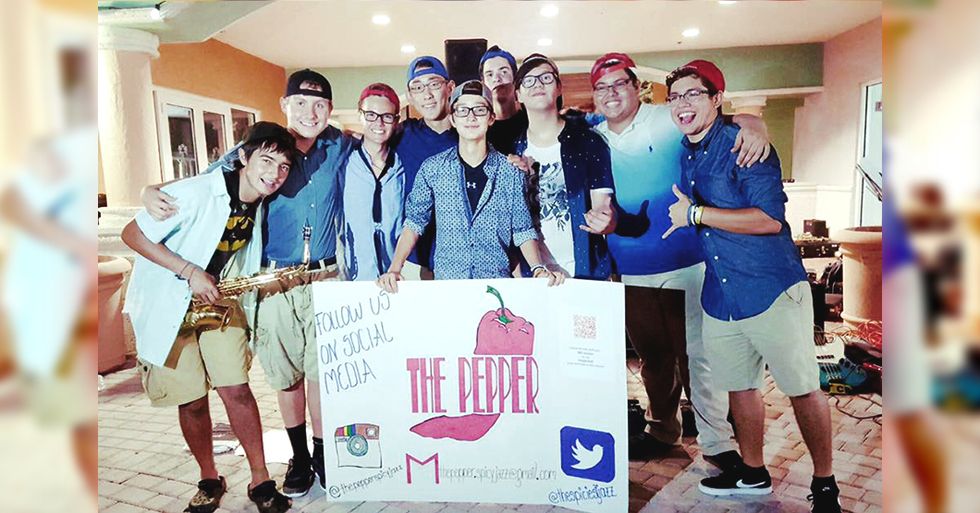My brother plays baritone saxophone. That is, unquestionably, his passion. He picked it up somewhat recently and already manages to capture the attention of entire rooms of musicians, just when he’s messing around in his warm up. He takes after Leo P, Too Many Zooz, Moon Hooch, Ronnie Cuber, Jason Weber, and so many more. That instrument is his voice and, unfortunately, it is one he has to walk away from.
Music is a powerful form of entertainment and, perhaps even more importantly, a pure and moving form of communication. One’s music is one’s ideas; one’s instrument facilitates one’s voice.
Just as with spoken communication, music has different languages. Genres like classical and country are worlds apart, but are used to perpetuate the same purpose: communication (although, maybe the themes explored by one are more sophisticated than those of the other).
Just like within languages, specific music genres have dialects. There is jazz, but within jazz one might find bebop, hard bop, funk, fusion, and a plethora of other flavors. Just like with linguistic dialects, somebody skilled in a particular subgenre will still be able to understand and maybe even partake in related subgenres, just maybe not to its fullest extent.
In music then, an instrument becomes to some a channel through which ideas flow, and to others an instrument even becomes a part of them. Nobody listens to A Love Supreme and thinks, “that’s Coltrane’s saxophone!” No, they know, “that’s Coltrane.”
Again, just as with languages, familiar music tends to beget culture and community. Meeting someone who speaks your language in a foreign country is a surprisingly special experience; running into someone listening to your favorite song or playing your favorite music conjures a similar sentiment.
For this reason, bands, and even band programs, create a sort of family, wherein a common interest for music creates a special bond that is nearly impossible to break. Ask around and most people who have marched in high school or in drum corps will confirm that many of their closest friends remain from their days in that uniform or costume. Regardless of where you are, your music program will spawn friendships that outlast the wear of time.
The problem is breaking that bond, leaving your instrument, and having to move away from a passion. That is, essentially, death to a part of you. This isn’t limited to music of course, whether you’re a runner who hasn’t laced up in years, a chef who hasn’t handled ingredients in some time, or a writer who has stuck to reading for a while, it feels empty. It seems like such a simple fix: just stop not doing it. Sometimes, however, it isn’t quite that simple.
Sometimes we are forced to give up our passions for reasons that aren’t anybody’s particular fault. In those cases, it’s a little more complicated than to just stop not doing it. In some of those cases however, we can help.
As my brother moves on to encounter and confront new experiences and challenges, I don’t want him to go in empty and voiceless. With your help, he doesn’t have to. I’ve started a campaign to raise funds to save his voice—to be able to afford a bari for himself. I’ll be covering some of the expenses myself, but I can’t cover them all, and for that reason I’m reaching out to everyone I know so that they, hopefully, in turn, can reach out to everyone they know. If you’ve read down to this sentence, I ask you to please share, if not the article, at least the campaign. I want to do everything in my power to help my brother retain his voice and, like the millennial that I am, that power means the internet.
Music is a culture that begets relentless and passionate communities and, I hope, one that can help me reach my goal.



















